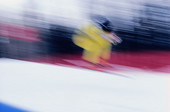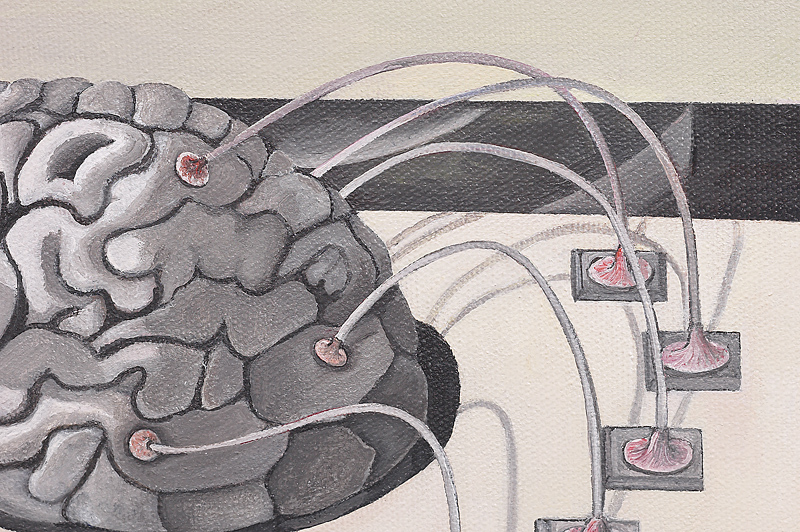
SUNDAY, Dec. 2 (HealthDay News) — If you ski or snowboard, a new study offers vital safety information: Helmets do reduce the risk of head injuries and save lives.
The study also found that the use of helmets does not give skiers and snowboarders a false sense of security that might lead them to take risks that might boost their risk of injury.
The findings, from a review of 16 published studies, appear in the November issue of the Journal of Trauma and Acute Care Surgery.
“There really is a great case to be made for wearing helmets,” study leader Dr. Adil Haider, an associate professor of surgery at the Johns Hopkins University School of Medicine, said in a Hopkins news release. “By increasing awareness and giving people scientific proof, we hope behavior changes will follow.”
Some skiers and snowboarders argue that wearing a helmet on the slopes reduces ability to see and hear what is going on around them and encourages risky behavior, because they feel protected. Some also suggest that wearing a helmet increases the risk of neck and spinal injury.
“These are all just excuses. Our research shows none of those theories hold water,” said Haider, director of Johns Hopkins’ Center for Surgical Trials and Outcomes Research.
Besides reducing the odds of sustaining a head injury, helmets also reduce their severity, the study found.
Each year in the United States, about 600,000 skiing and snowboarding injuries occur. Up to 20 percent of those are head injuries, and 22 percent of those head injuries are severe enough to cause loss of consciousness, concussion or more serious injuries.
In many cases, skiers and snowboarders who suffer head injuries are not wearing helmets, according to Haider and his research colleagues on the Injury Control and Violence Prevention Committee at the Eastern Association for the Surgery of Trauma.
As a result of the study’s findings, the association recommends that all skiers and snowboarders wear helmets.
More information
The National Ski Areas Association offers ski and snowboard health and safety tips.

